Achieving accountable government
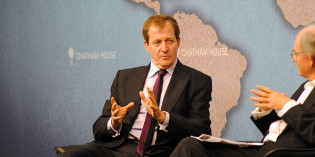
Junior ministers during the New Labour years tended to enjoy more than just a ‘view from the foothills’
Chris Mullin’s celebrated series of published diaries revolve around his time as a junior minister, and make frequent references to his insignificance in the role, a perspective which has shaped much understanding of the various Ministerial rungs below Cabinet level. Here, Judi Atkins, Kevin Theakston, and Mark Gill argue that though this characterisation is pervasive, it does […]

Tony Blair is wrong: we should cherish the Freedom of Information Act
The previous Labour government passed, for the first time, a law giving access to government data to average UK citizens, should they request it. Tony Blair, the former Prime Minister has recently expressed regret at his allowing the legislation to be passed. In response, Caroline Pidgeon, the Leader of the Liberal Democrats on the London Assembly argues that […]

20 things we learned about democracy in June 2014
June 2014 proved to be another eventful month for democracy, with revelations about security, surveillance, Scottish independence, and the European Parliament and local elections. Here, Sean Kippin rounds up 20 interesting nuggets of information which made themselves known this month. Similar Posts20 things we learned about democracy in January 2015Interview part 2: Tim Bale on Ed […]
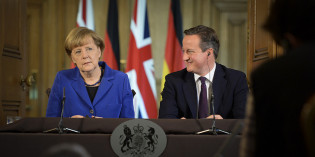
David Cameron’s increasingly strong opposition to Jean-Claude Juncker runs the risk of alienating Angela Merkel
British Prime Minister David Cameron has strongly opposed the nomination of Jean-Claude Juncker as the next President of the European Commission and has called for a formal vote to be held on the topic if no consensus can be reached. Imke Henkel writes on the broader relationship between Cameron and Angela Merkel. She notes that while Merkel […]
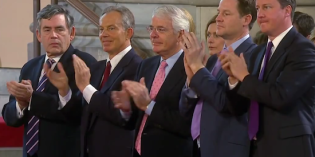
Active citizenship policies under successive governments have not catered for society’s marginalised groups
Successive Governments of all main parties have championed the politics of active citizenship in seeking to create greater legitimacy for their policies and foster a healthier climate of political engagement. In assessing these efforts Cristiano Bee argues that these policies rest on a top-down understanding of the government’s role in relation to citizens, and that these efforts […]
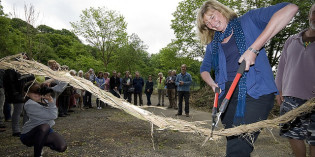
The election of Sarah Wollaston as Chair of the health committee illustrates the changing nature of the committee system
The Commons select committee system has just received a further injection of new blood in the person of former GP and Conservative back-bencher Dr Sarah Wollaston MP. The Institute for Government’s Hannah White asks what her election as the new Chair of the health select committee tells us about the way the system is changing. Similar […]
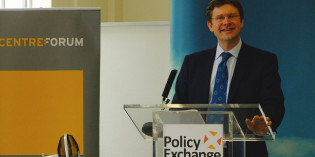
Surprisingly, UK think tanks don’t often communicate with elected officials
The UK has an established and influential think tank sector, with research organisations across the political spectrum providing a constant stream of political and policy ideas, setting the agenda, and influencing the media’s reporting of events. Here, Hartwig Pautz looks at exactly who these organisations communicate with most frequently, and shows that the sector is surprisingly reticent […]

Scotland would benefit from adopting a more ambitious approach to its constitutional future
The Scottish Government this week released the first draft of an interim constitution for an independent Scotland, as well as details about the nature of the Constitutional Convention that would come together in order to write a final document. Alan Renwick argues that though some elements of this are encouraging, a bolder approach – particularly […]

The creation of an English Public Services Ombudsman: mapping a way forward
Strong democracies should be backed up by robust accountability frameworks, an aspect of which includes redress mechanisms. In a new report published by Democratic Audit, Richard Kirkham and Jane Martin, the Local Government Ombudsman, explores the current debates surrounding the proposal to integrate the ombudsman community in England. In this extract from the report they consider why the consensus in support […]

The first draft of Scotland’s interim constitution does little justice to the magnitude of the changes envisaged
The Scottish Government yesterday published their draft plan for the constitution of an Independent Scotland. As well as dealing with the political arrangements in the event of a ‘Yes’ vote in September, it also suggested that such a document would enshrine various social and economic rights, as well ensuring that the country became, and remained, […]


 Democratic Audit's core funding is provided by the Joseph Rowntree Charitable Trust. Additional funding is provided by the London School of Economics.
Democratic Audit's core funding is provided by the Joseph Rowntree Charitable Trust. Additional funding is provided by the London School of Economics.